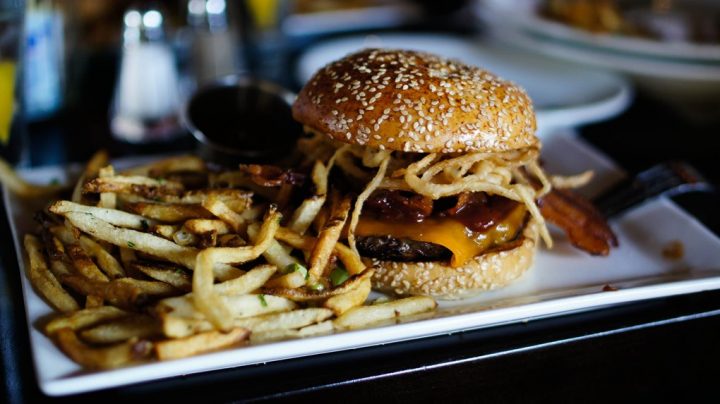Currently, the spread of heart diseases is very high among different ages of people, from children to adults. This includes ischemic heart disease that usually results in cardiac infarction. This is what normally happens during the course of this disease whereby particular formations are deposited on the interior surface of the artery wall. Plaques are also formed which narrow the passage of the vessel or even block it entirely.
If atherosclerosis influences the cardiac vessels, especially when the clearance is reduced to 50%, it may result in Ischemic disease. If atherosclerosis influences the cerebral vessels, it may lead to a cerebral stroke.
Many years ago, atherosclerosis was a disease known to the elderly, but today it affects many young people. High cholesterol is the major factor in atherosclerosis. The major high cholesterol causes are a lack of physical activity, smoking, and unhealthy dietary habits. Fascinatingly, all these three major causes are the marks of most modern men. They can be controlled when one focuses himself or herself to it. Nowadays, cholesterol treatment is very accessible, but few notice the increasing threat developed by this common condition.
Symptoms
In order to observe the symptoms of high cholesterol, it is difficult to pinpoint any specific ones than those with good knowledge on cholesterol level. Ultimately, high cholesterol is not actually a disease. However, it is often a prerequisite for atherosclerosis, and therefore, a good landmark to observe would be atherosclerosis. Symptoms of high cholesterol in the blood are discovered if you have symptoms of atherosclerosis. They may include the following:
- Narrowed coronary arteries, which may result in angina pectoris.
- Rupture of blood vessels and blood clots may result in mini stroke and ischemic heart disease.
- Pain in the legs due to the narrow arteries could show a limited supply of blood.
- Yellow spots around the eyes could signify cholesterol deposits in the blood.
- Being overweight.
Treatments
The fast and convenient treatment of high cholesterol that one must follow is the control of diet to reduce LDL cholesterol. Avoid high-fat foods and adapt to the low-fat foods. Low-fat diets, which are advised for reducing the level of this lipid, include proteins (fish and beans), carbohydrates (rice, potatoes, cereals, whole grain bread), unsaturated fats, and vegetables and fruits. When it comes to the treatment of cholesterol, it is not just about eating a balanced diet but requires complete abstinence from saturated fatty- foods like butter, ice cream, cakes, cookies, fatty meat, hard cheese, and sausages.
Do regular physical exercises since sweating reduces the cholesterol content in the blood. Reduction of cholesterol process can be non-medicinal if it is still controllable. In this case, physical exercise and a good diet will be enough. In case a diet or regular exercise does not assist to reduce LDL cholesterol, then medication will be necessary. It lowers the level of cholesterol too.The following group drugs may help lower cholesterol: aspirin, niacin, and statins. Each affects differently the cholesterol level.
The following group drugs may help lower cholesterol: aspirin, niacin, and statins. Each affects differently the cholesterol level. Statins normally block the kind of chemical required for the formation of cholesterol. Aspirin helps to prevent the formation of blood clots and Niacin raises and lowers cholesterol in the blood.
Conclusion
For smokers, it is highly recommended they abstain from the habit since quitting is essential for successful treatment of high cholesterol. Observing, a no-smoking policy, a low-fat diet, and regular physical exercises should all immensely contribute to the reduction of cholesterol.
Featured Image Source: Photo by Tessawatson / CC by




